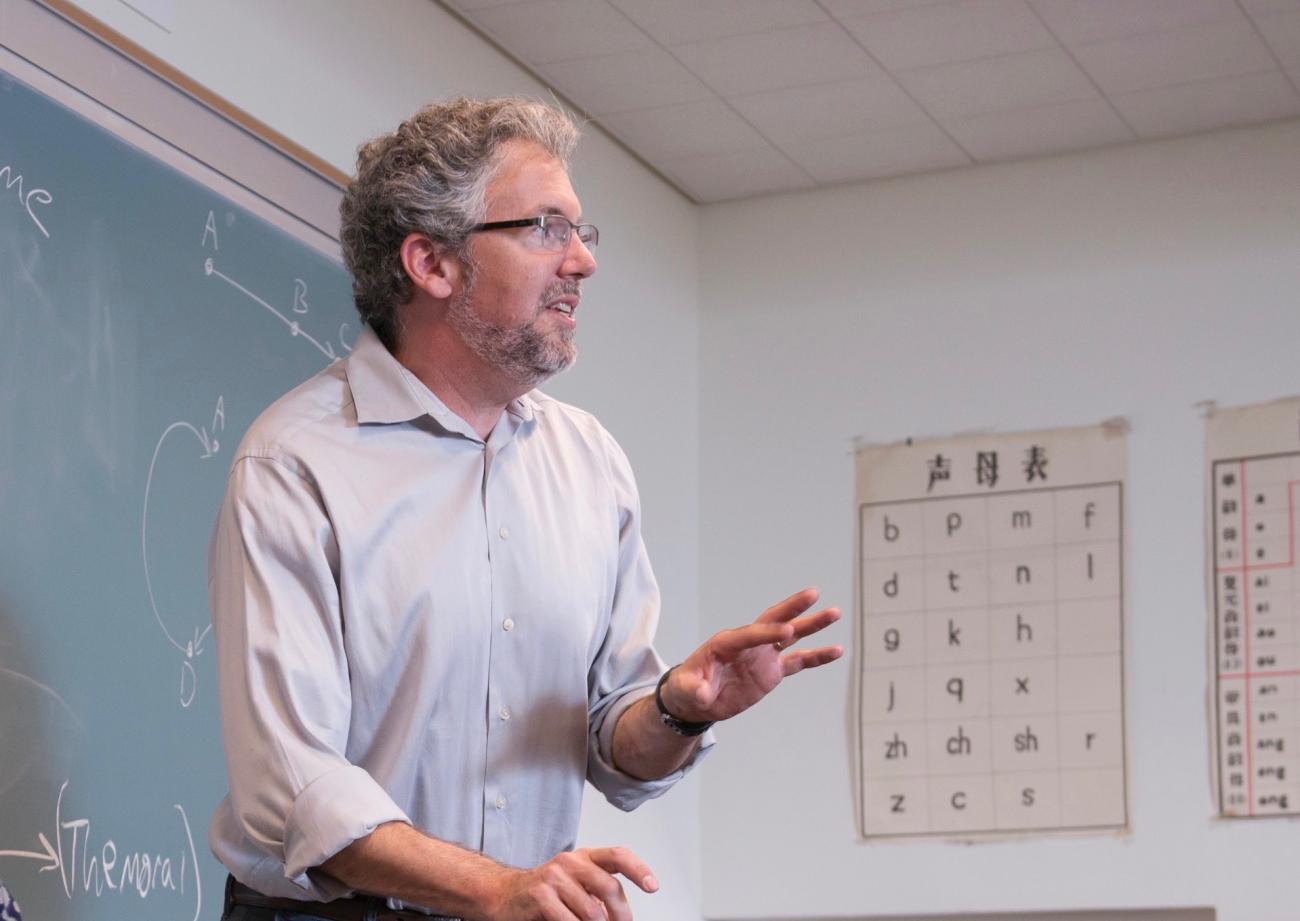
Improvisation can set the stage for high-impact teaching and learning, Stanford lecturer says
It’s a teacher’s job to make the classroom a safe place for students to take risks—and improvisational games can help create that environment, says Dan Klein, a lecturer in Stanford’s Department of Theater and Performance Studies and the Graduate School of Business.
“There’s an amazing thing that happens,” he says, when students improvise and realize that whatever they say or do will be accepted and built upon by their classmates.
“Improv says that we’re all on a path, we’re all growing and getting better, we embrace mistakes and celebrate failure.”
In this episode of School’s In, Klein joins Stanford Graduate School of Education Dean Dan Schwartz and Senior Lecturer Denise Pope to share some of his favorite improvisational games and the benefits they bring to education.
Listen from the link below, and find more episodes of School's In at the Stanford Radio main page. The show airs Saturdays on SiriusXM Insight Channel 121.



